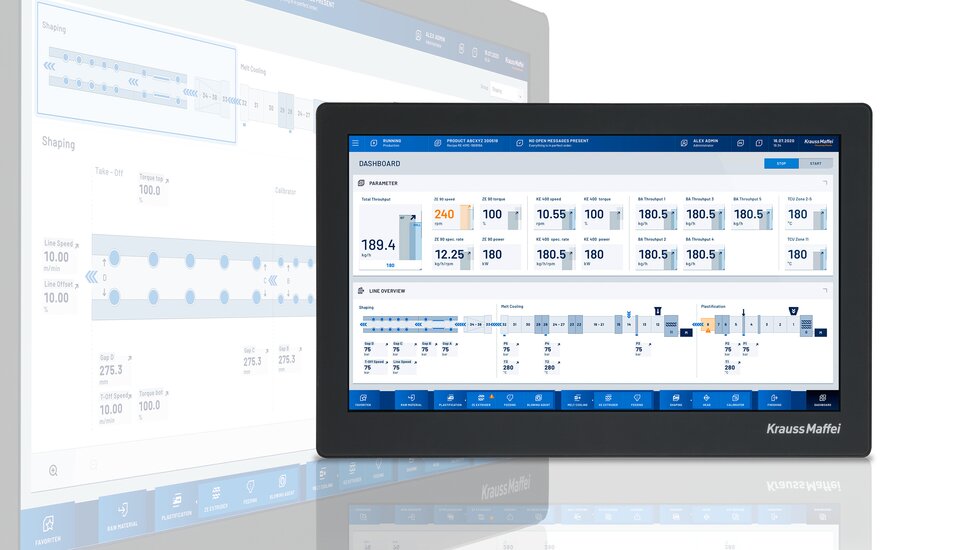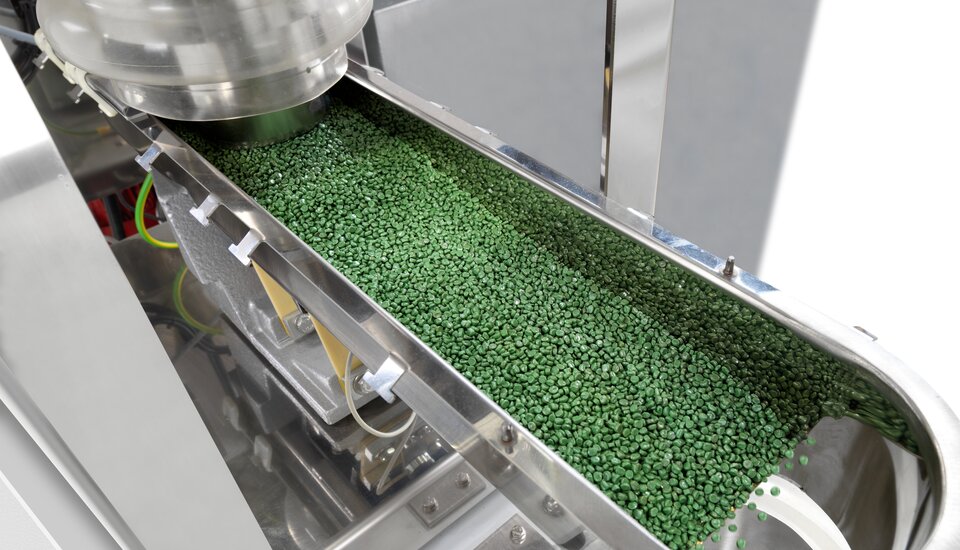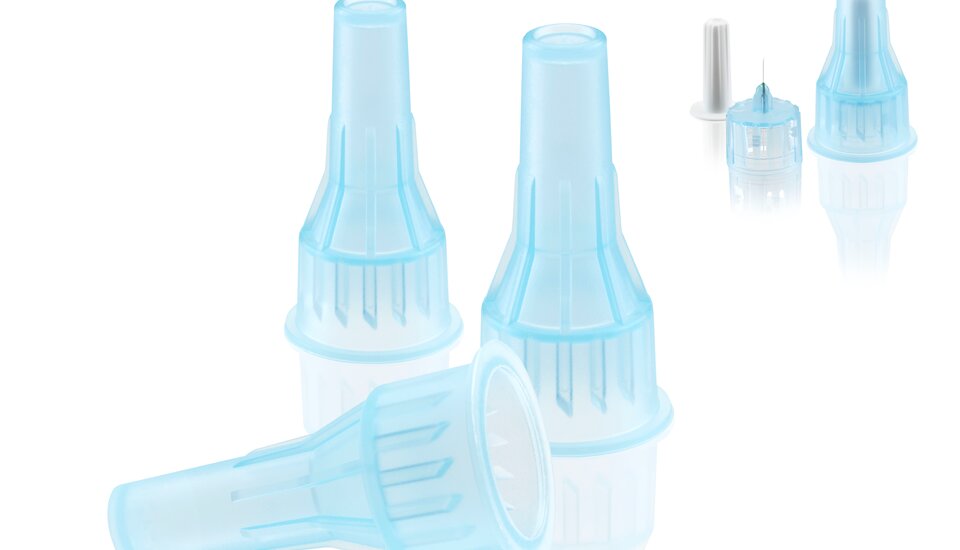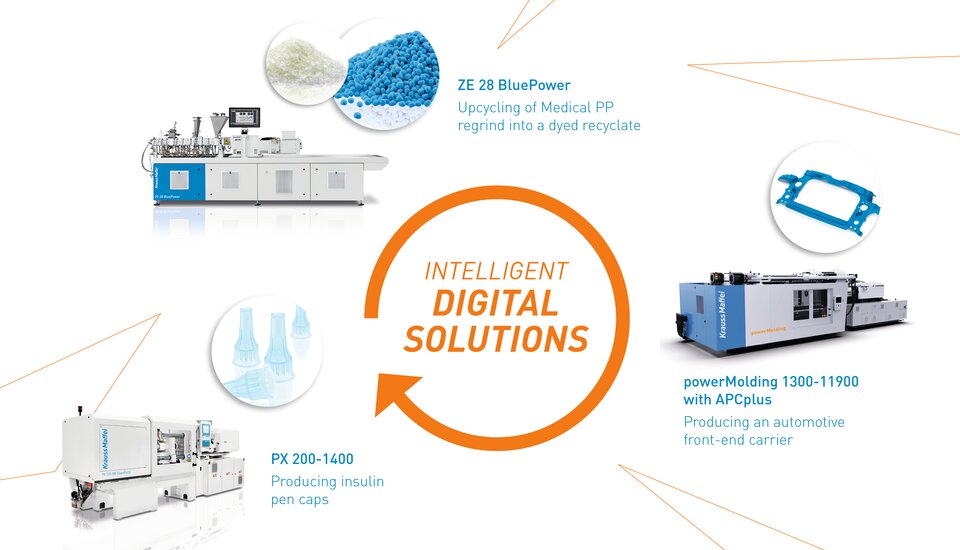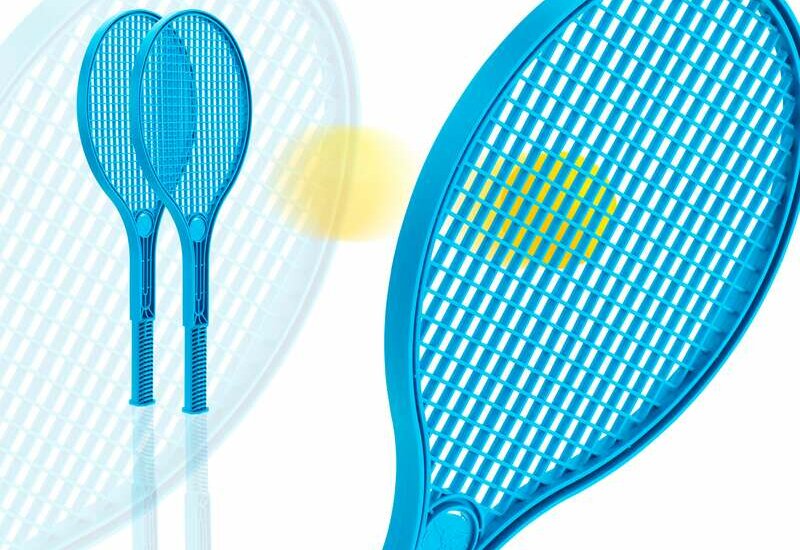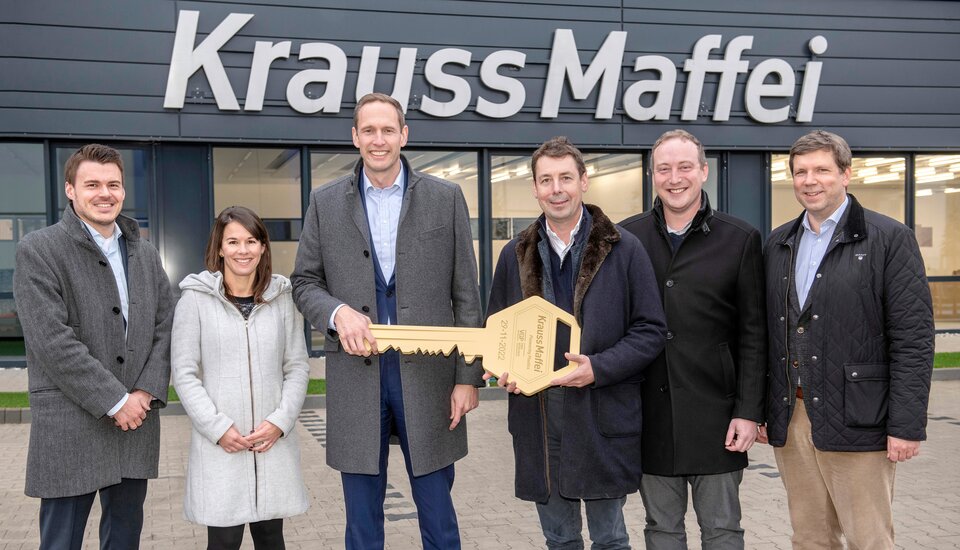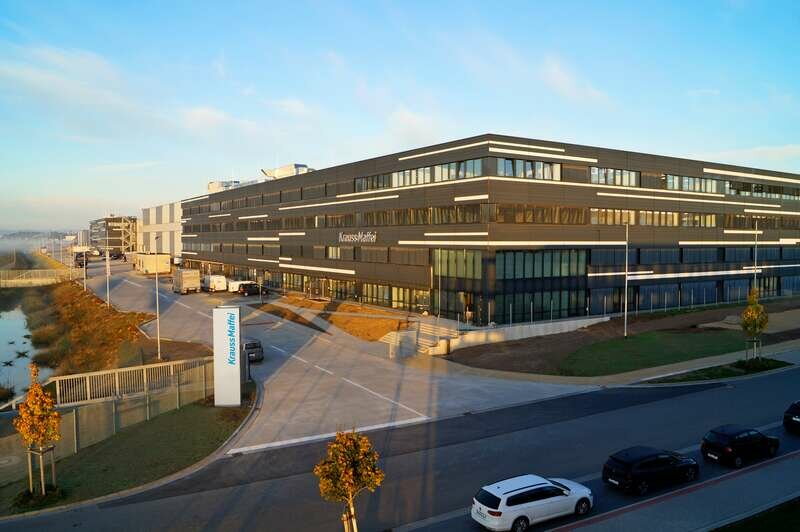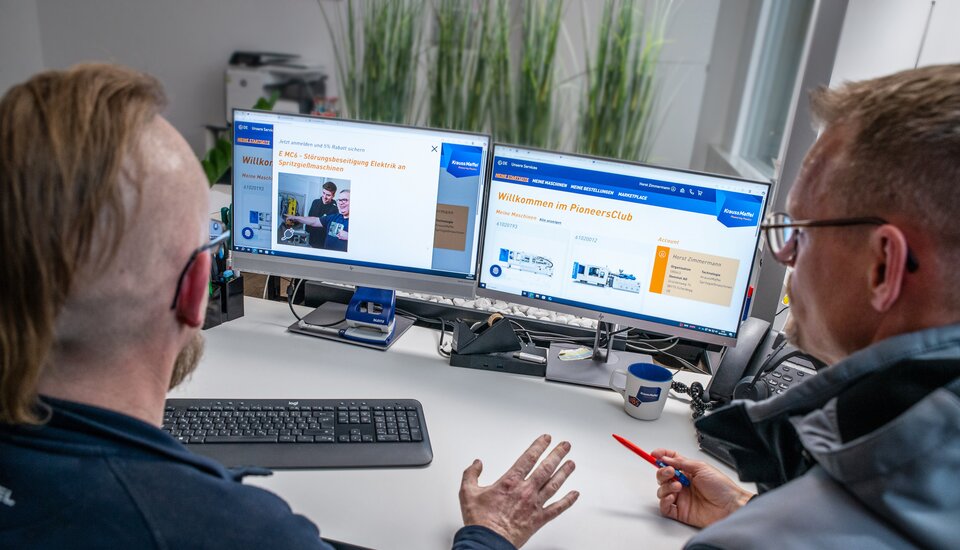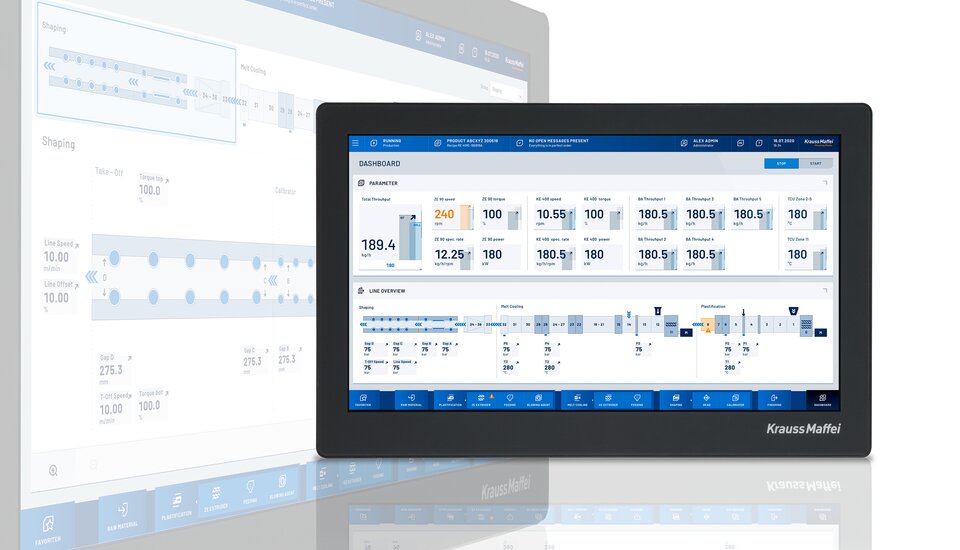
Trendgineering
Ensinger focuses on fully automated manufacturing solutions
| Petra Rehmet
"High-performance thermoplastics are highly sophisticated"
The injection molding plant of Ensinger GmbH in Rottenburg am Neckar, Germany, specializes in processing high-performance plastics. By using production systems from KraussMaffei, the high-quality requirements during production of complex PPS components (polyphenylene sulfide) can be reliably fulfilled.
About ten years ago, Ensinger's injection molding machinery at the headquarters in Nufringen, Germany, was increasingly suffering from a shortage of space. The company therefore decided to build a new facility in Rottenburg am Neckar. The injection molding plant was finished in early 2009.
Today, the facility has 11,000 m² of available production space with about 65 injection molding machines plus 6000 m² of space for logistics and storage as well as 4000 m² of office space. The focal point of manufacturing is processing high-performance thermoplastics, which place special requirements on the injection molding technology being used.


Overcoming challenges together
Ensinger first followed a two-brand strategy for the injection molding machines at its Rottenburg location. In 2014, however, the decision was made to break new ground and supplement the machine pool with an additional injection molding machine manufacturer. "Our goal was to have a relationship as partners on equal terms. We were looking for a provider who understands what we need and wants to overcome our challenges together with us," summarizes Markus Killinger, Head of Technology/Process Development of the Injection Molding division at Ensinger. "We chose KraussMaffei because the machines meet our high technical requirements in every respect. These include not only performance capacity but also the aspects of machine control, automation, flexibility and service," says Killinger.
"Ensinger now has 15 machines from KraussMaffei in use to satisfy the challenging production tasks at the highest level of quality."Manuel von Varchmin, Head of the Sales and Service Center for Southern Germany at KraussMaffei

Partnership on equal terms
Ensinger and KraussMaffei are jointly pursuing the goal of overcoming challenging production tasks at the highest level of quality. Manuel von Varchmin (Head of the Sales and Service Center for Southern Germany at KraussMaffei, left) with Markus Killinger (Head of Technology/Process Development of the Injection Molding division at Ensinger, center) and Michael Werner (Injection Molding Process Development at Ensinger, right)
Focus on high-performance thermoplastics
High-performance thermoplastics are used in a wide variety of applications and industries. This requires flexibility. "Our products are spread across multiple divisions," explains Killinger. "Aside from the automotive industry, our target markets include medical technology, aerospace, the construction industry and the furniture industry." This diversification requires a large range of different molded parts and high flexibility in manufacturing.
"For example, our product range includes bushings that weigh only 0.2 g and are manufactured in quantities of up to 50 million pieces per year. At the other extreme, we manufacture computer tomography scanner components that weigh 1 kg in quantities of 2000 per year. We develop an individualized manufacturing strategy for each component," Killinger says.
The production systems are subjected to very special requirements not only by the high-performance plastics, but also by the complexity of the components being produced. One of the first applications Ensinger produced on a KraussMaffei machine is a rotary slide valve for a thermal management module for motor vehicles. This module regulates the flow rate of the coolant in combustion engines. The stepless regulation shortens the engine warm-up phase so that the fuel consumption and exhaust emissions are reduced.
Energy savings for future investments
And Killinger emphasizes, "Ensinger has been deeply involved in energy savings. The goal, of course, is to continuously reduce the amount of energy used in injection molding production. A special energy team has been working on this task. Currently we have machines with a standard hydraulics concept, machines with a servohydraulic drive unit and hybrid machines. In comparison tests, we have manufactured the same component on machines with various drive concepts. Now we can draw on the results of these investigations for future investments in new machines."
Contact
manuel.vonvarchmin@kraussmaffei.com
